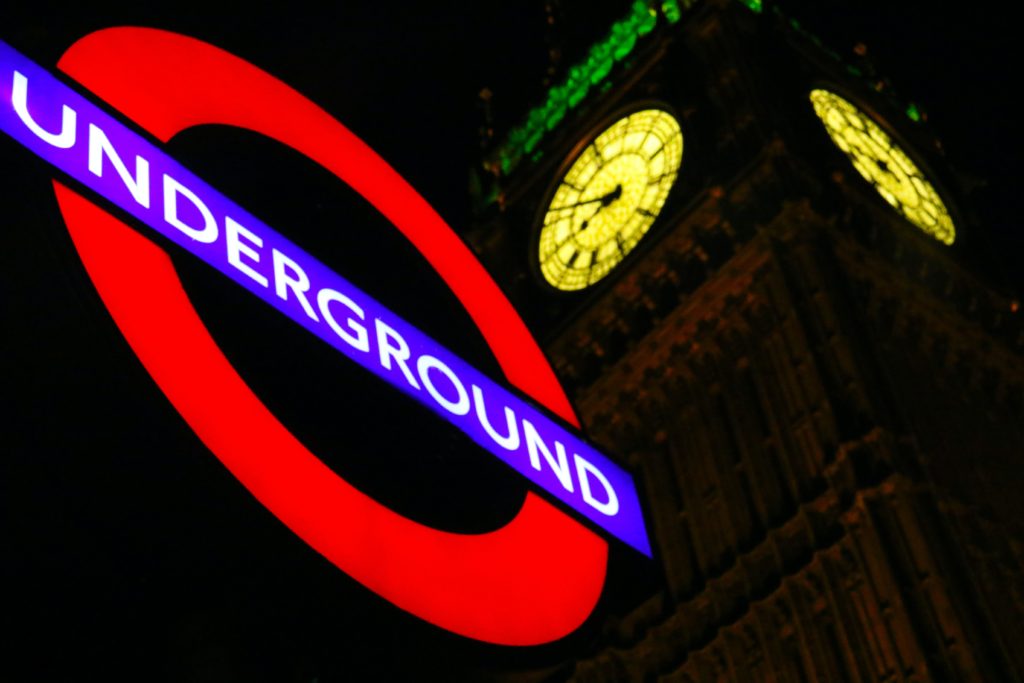
Taps: hot and cold, for beer or for something else?



Taps, seemingly innocuous, used daily and easy to forget about but taps in Great Britain create some confusion and represent quite a conundrum for visitors from continental Europe. The simple reason being that the traditional way for taps to be mounted in both bathrooms and kitchens is with one tap for cold and a second tap for hot water, in contrast to the continental style of one mixer tap which can provide, hot, cold, or as the name suggests a mix of both. Logic tells us that this second variant saves a little space and makes it much easier to obtain the right temperature for the washing of hands or dishes, instead of being faced with freezing cold water on one side and boiling hot water on the other. Therefore, one must ask the question what is the use for the first variant of the two separate hot and cold taps?

The answer is somewhat historical and rather unexciting. In the nineteenth century when British homes began to have running water with baths and sinks the hot and cold water supplies were separate with only the cold supply being deemed as potable (fit for drinking). This meant that it was not feasible to mix hot and cold water in the supply pipes so one had to put a plug into the sink or bath and fill with hot and cold water until the desired water temperature was achieved. Though not as practical it certainly saves water by the increased use of a plug, therefore filing the sink as opposed to creating a domestic waterfall without the plug. Fast forward to the present day, and although many British homes now use a mixer tap there are still many using the traditional two tap system. Those people who have never known any different think nothing of it, which is even more perplexing for some foreign guests who cannot understand this method of running water. The average Englishman aged 40 who has probably gone through the ritual of putting the plug in and turning on both taps some 25,000 or more times in his life certainly sees no inconvenience in this method. Likewise, a visitor from abroad who has never encountered the two taps is simply left scratching their head, refusing to believe that the only way to avoid being scalded by hot water or frozen by cold is to utilise a plug. Clearly, life goes on, and both systems work, the apparent absurdness of the British system compensated for by its more economical use of water, the idea of simply leaving the tap running without a plug in is maybe not looked upon as absurd in Britain but certainly it is to be frowned upon as a waste of water.

As the Oxford English dictionary refers to the main meaning of tap as “a device for the drawing of liquid.” it is not surprising that beer taps area found in pubs where large amounts of liquid are poured from barrels and kegs. It is common in a real ale pub to hear the question “what’s on tap today?” literally meaning “what beer are you serving today?” In a slightly more abstract way, we can refer to something being on tap as being readily available, for example my wife is a lawyer, so I have legal advice on tap, or I keep chickens at home, so I have eggs on tap.
Tap as a verb still bears some relation to flow, but rather than water it is more often associated with information and spying. Somewhat archaic now, in the age of intelligence operations by internet, the act of tapping a phone line to listen in to telephone calls was supposedly commonplace in the second half of the twentieth century. Likewise, one could tap into something, this phrasal verb meaning to illicitly or at least covertly find a way to access a source, more often of information. For example, MI6 tapped into the intelligence service of another state to gain knowledge about upcoming operations. If tap in is rather impersonal, concerning gaining access to something then tap up is the correct phrasal verb with a similar meaning but rather concerning the gaining of something such as information directly from another person. An example would be in this sentence as a command to policeman from a superior; “Visit that pub where the suspects drink and tap up the landlord for information.” The literal meaning of the verb tap according to the Oxford English dictionary is ¨to knock gently, ¨ which is probably the reason why it has been used in phrasal verbs where the action is subtle and covert such as tap in and tap up, invoking a gentle and delicate action rather than aggressive and blatant.
By understanding hot and cold taps and the word tap in all its guises maybe you will be better equipped to tap into the British psyche or at least tap up a British friend for their thoughts on such matters.
Interesting Post



